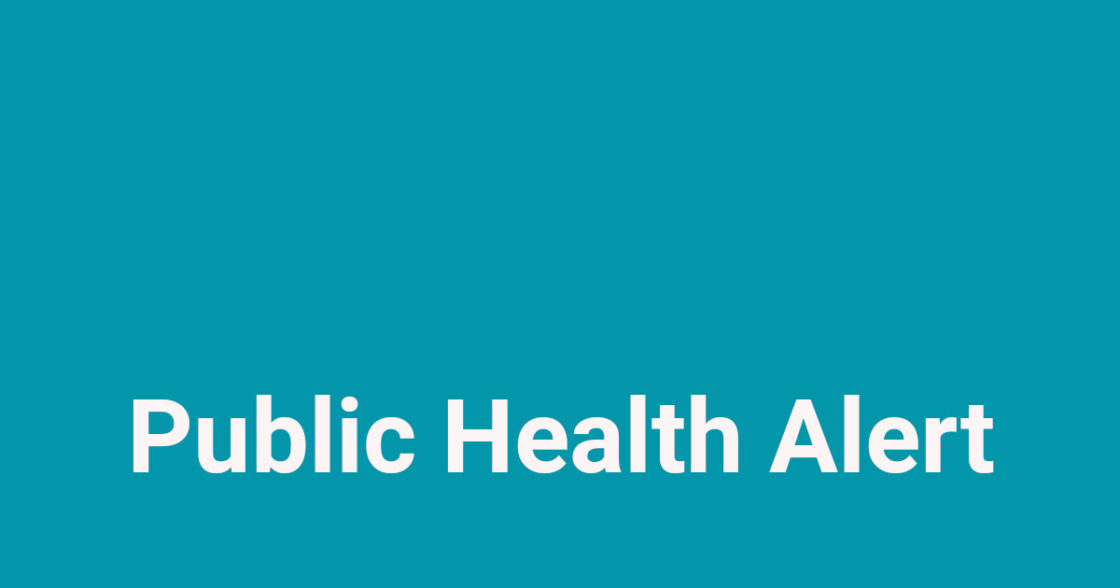Canterbury DHB’s Community and Public Health unit has issued a health warning after high levels of faecal bacteria were found in a recent sample taken from Glen Bay, Akaroa.
Dr Ramon Pink, Canterbury Medical Officer of Health, says at this stage the cause of the high level of faecal bacteria has not been identified and Environment Canterbury will be undertaking more sampling to investigate the possible cause.
“Water quality at this site is currently not considered suitable for recreational use, including swimming because of the risk to health from the faecal bacteria and other potential pathogens,” says Dr Pink.
Eating shellfish from these sites should be avoided. If fish are eaten, remove the gut and liver and wash in clean water before cooking. For further information on gathering Mahinga Kai refer to the information below.
“Water contaminated by human or animal faecal matter may contain a range of disease-causing micro-organisms such as viruses, bacteria and protozoa.
“In most cases the ill-health effects from exposure to contaminated water are minor and short-lived. However, there is the potential for more serious diseases, such as hepatitis A, or a salmonella infection,” Dr Pink says.
The sites where water quality is affected are listed on Environment Canterbury’s website.
For further details visit:
https://www.lawa.org.nz/explore-data/canterbury-region/
Or contact Community and Public Health on (03) 364 1777:
https://www.cph.co.nz/your-health/recreational-water/
For more information about Mahinga Kai:
https://www.cph.co.nz/wp-content/uploads/saf0112.pdf
ENDS

